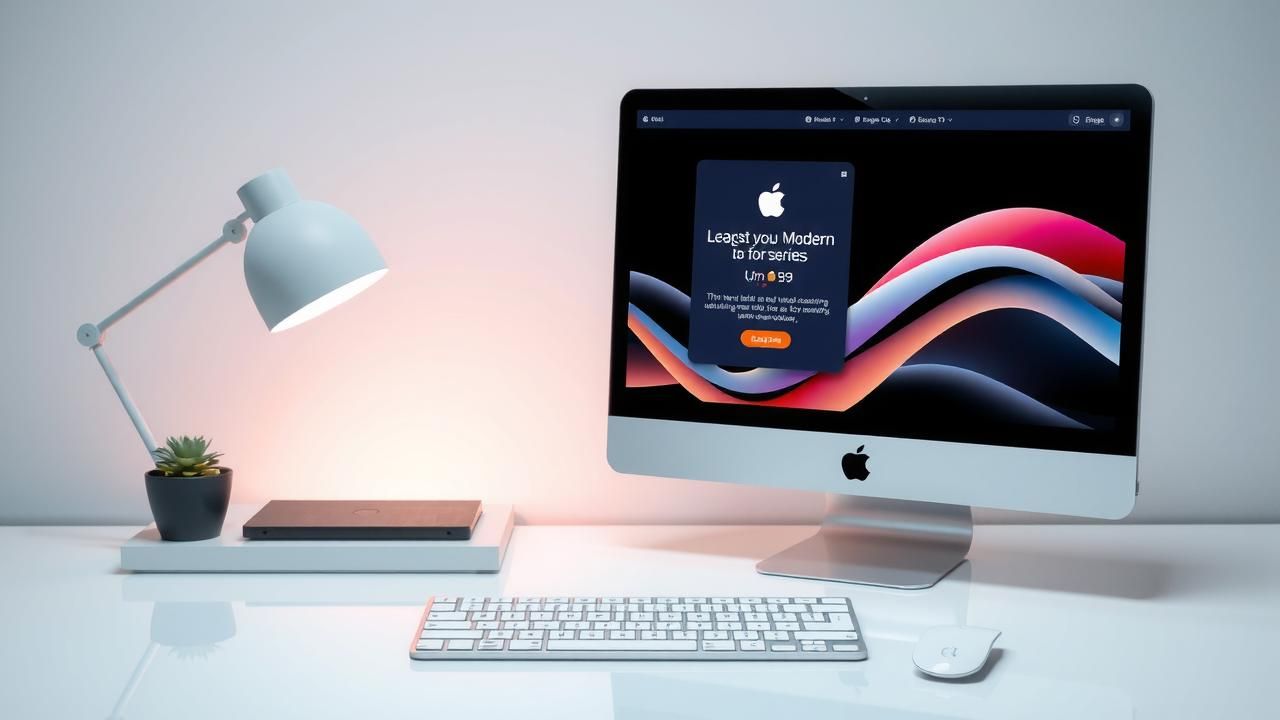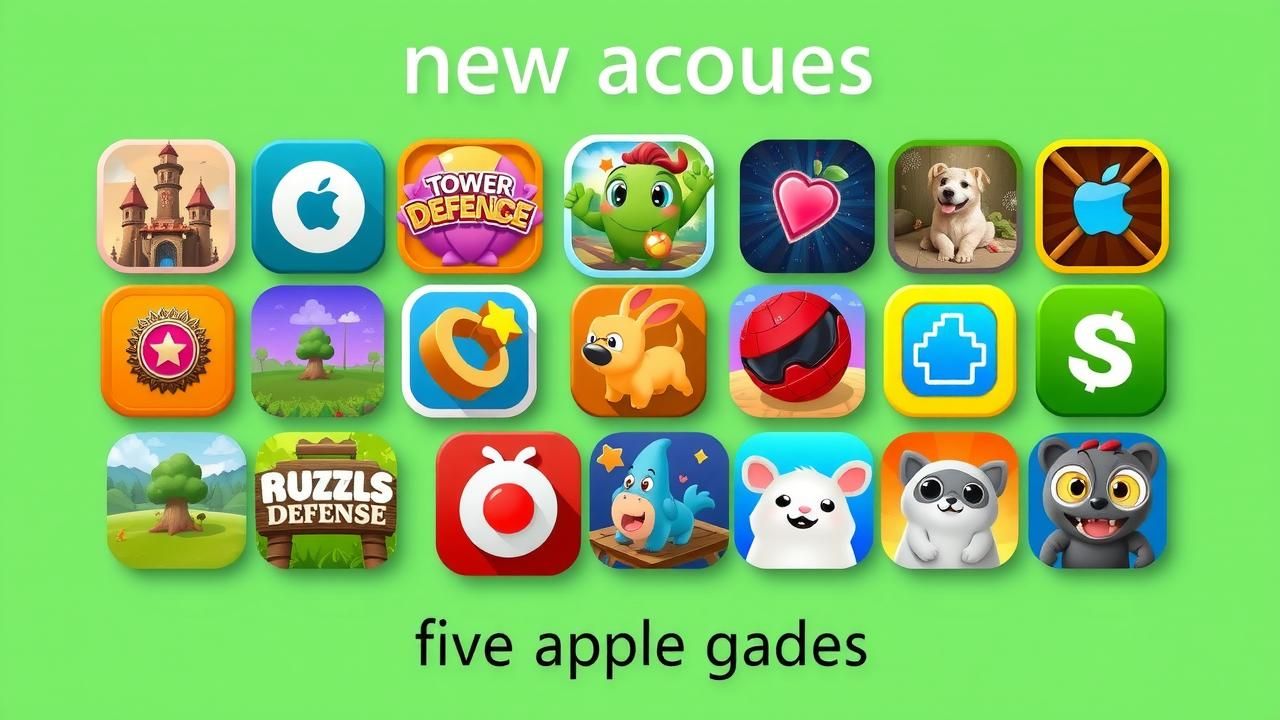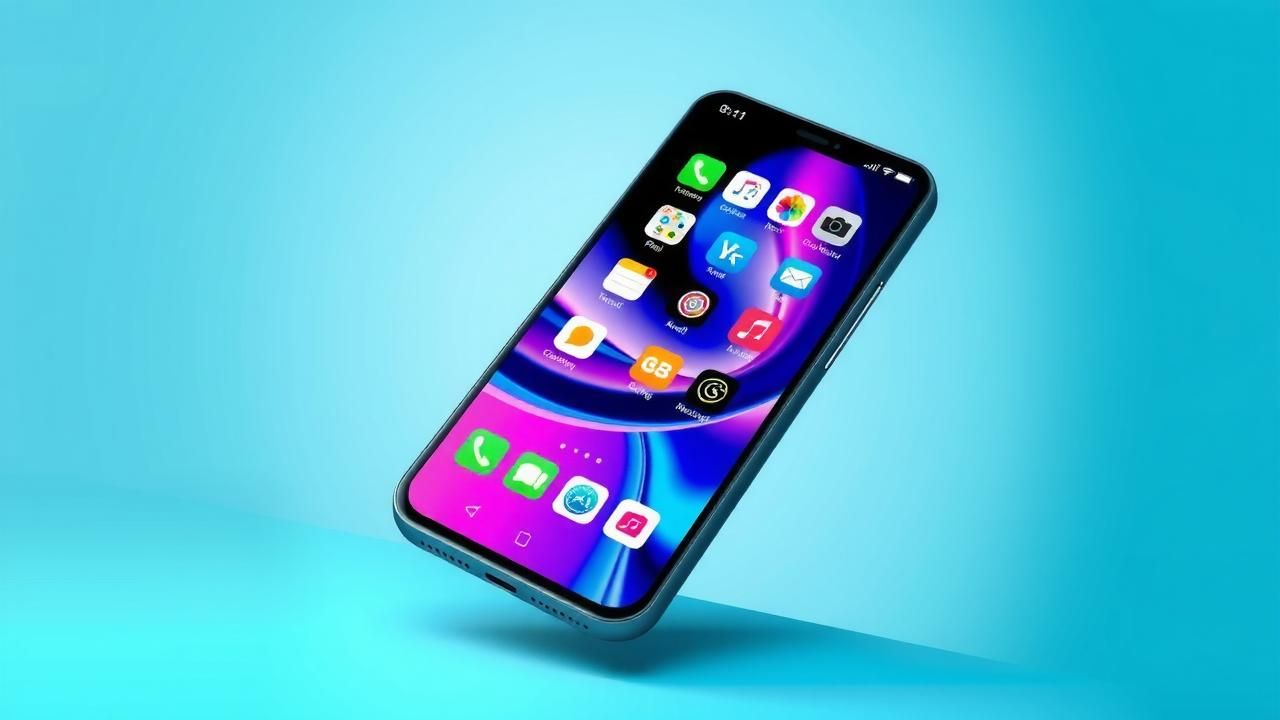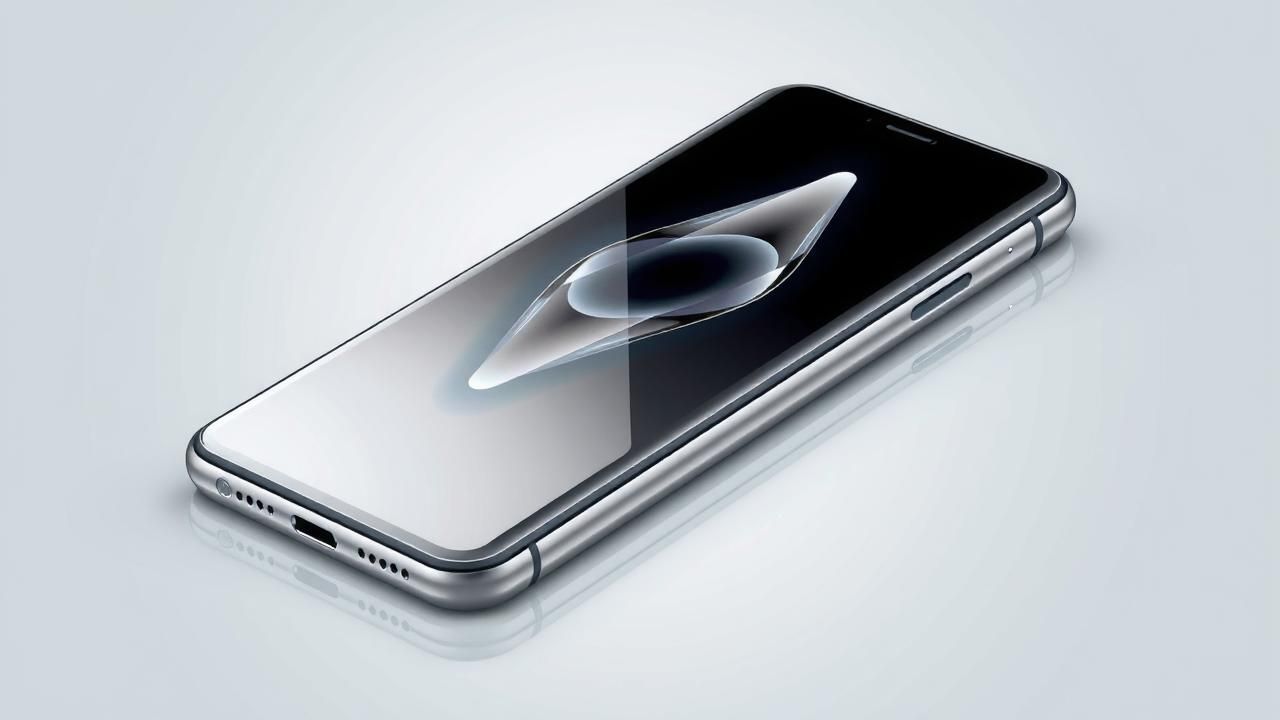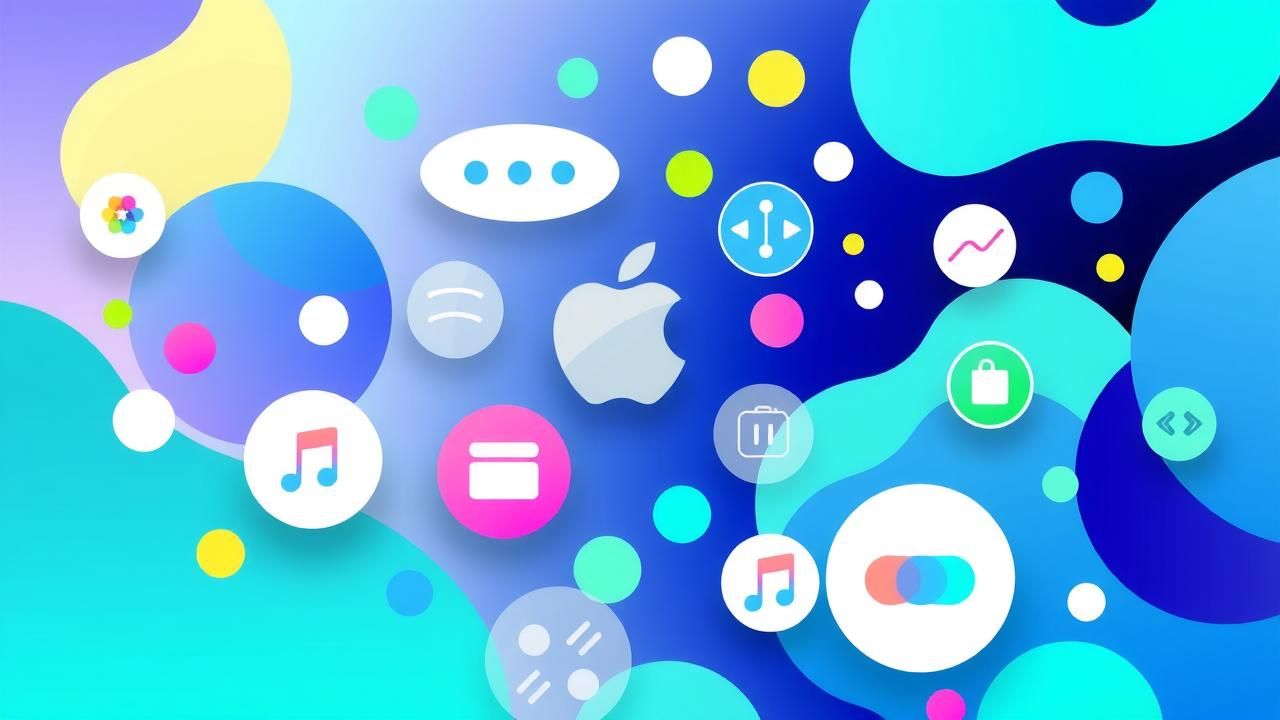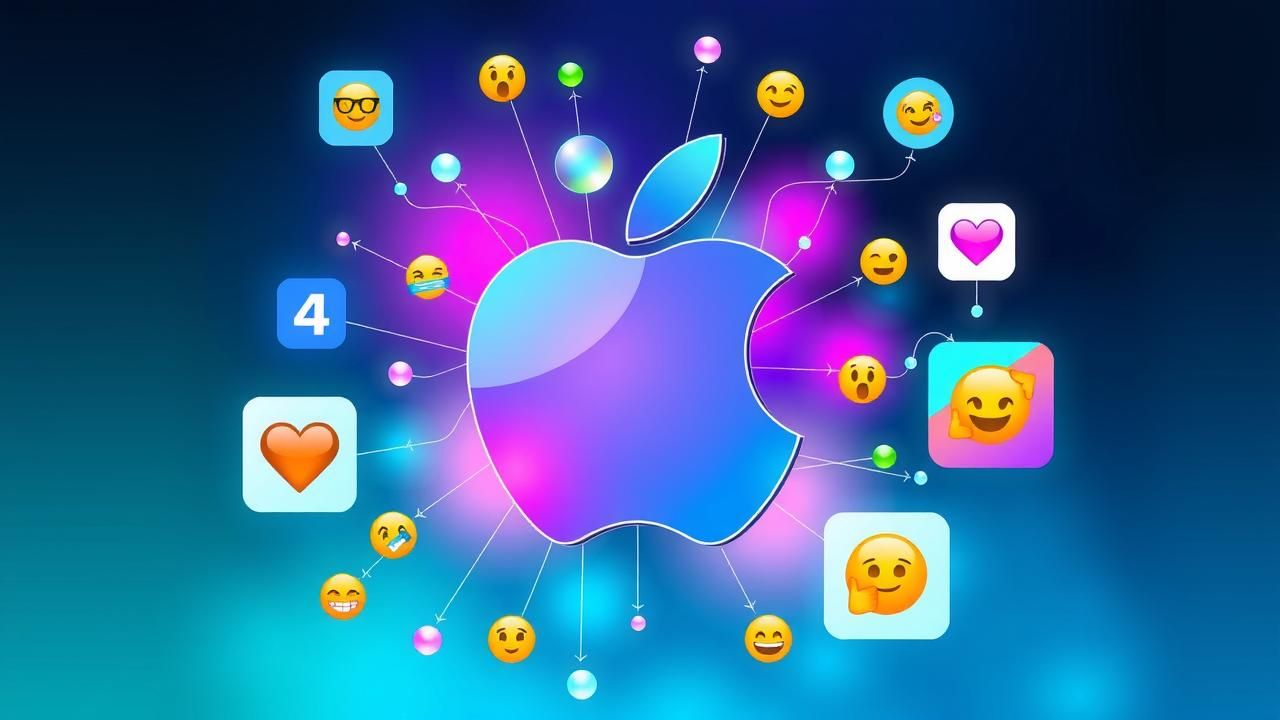Apple’s recent WWDC 2025 revealed updates to its privacy-centric AI framework, Apple Intelligence. However, the company’s cautious approach contrasts starkly with more aggressive strategies from competitors like Google and Amazon. Investors reacted negatively, evidenced by a 1.2% drop in Apple’s stock. Critics note that Apple risks falling behind in an increasingly cloud-driven AI landscape.
Apple’s recent Worldwide Developers Conference (WWDC) 2025 highlighted new enhancements to its Apple Intelligence, which is positioned as a privacy-first, on-device AI framework. However, the company’s conservative approach stands in stark contrast to that of competitors like Amazon and Google, leaving investors worried. In fact, Apple’s stock fell 1.2% following its subdued presentation on June 9, indicating a lack of confidence in its direction.
During the event, Apple rolled out updates albeit without anything particularly groundbreaking. The tech giant announced improvements to its voice assistant Siri; however, according to Craig Federighi, Apple’s Senior Vice President of Software Engineering, it still requires “more time to meet our high-quality bar.” This cautious pace stands against the backdrop of rivals moving rapidly with large language models and wider AI applications.
While competitors are racing ahead with AI deployments in business software and cloud solutions, Apple’s updates include features like real-time voicemail transcriptions and enhanced search functions, which feel limited. The core approach of integrating AI into its existing hardware raises the question: is Apple operating under a longer-term strategy, or is it simply falling behind in the fast-changing tech landscape?
One of Apple’s key selling points is its promise of user privacy, asserting that most features announced at WWDC are processed on-device without data harvest. This strategy resonates with consumers amid growing regulatory scrutiny; however, it comes with significant drawbacks. On-device models are inherently less powerful than those supported by cloud infrastructure. This limitation might stifle Apple’s competitiveness, particularly for enterprise needs that demand greater contextual understanding and real-time collaboration.
At WWDC, Apple also introduced its Foundation Models Framework, allowing some opening of its AI capabilities to third-party developers. Yet, developers focused on enterprise applications may find Apple’s tools lacking. The market is undeniably moving toward cloud-based solutions that offer adaptability and richer integrations, and Apple’s hesitation to dive in poses a threat to its overall relevance in AI innovation.
Industry experts are already voicing concerns. Karen Webster, CEO of PYMNTS, observed that although Apple maintains a dominant share in the U.S. smartphone market, it risks losing ground in the generative AI arena. She noted that the company might end up confined to being just another hardware and software provider if it does not adapt. “Cupertino’s stance on privacy… may have Apple winning the hearts and minds of consumers but losing the generative AI war,” she wrote.
In an attempt to garner some goodwill, Apple unveiled a redesign of its software ecosystem called Liquid Glass, which aims to enhance user experience across its operating systems. This new interface is aesthetically appealing and underscores Apple’s legacy of design prowess, yet it still falls short in delivering the transformative AI innovations that industry watchers had hoped for.
Additionally, Apple is facing several external pressures. Tariffs on imports could squeeze profit margins, while there are ongoing discussions about changing its overseas production strategies. Moreover, scrutiny over its services division continues, especially relating to App Store fees and agreements with Google, which bring in significant revenue.
As the tech realm continuously evolves, Apple’s AI strategy appears hesitant. The need for modernization is clear as it navigates both its hardware reliability and the rapidly advancing AI frontier — an area where failure to act decisively could lead to being outpaced by its rival tech giants.
more time to meet our high-quality bar.
Craig Federighi
Cupertino’s stance on privacy and user data… may have Apple winning the hearts and minds of consumers but losing the generative AI war.
Karen Webster
